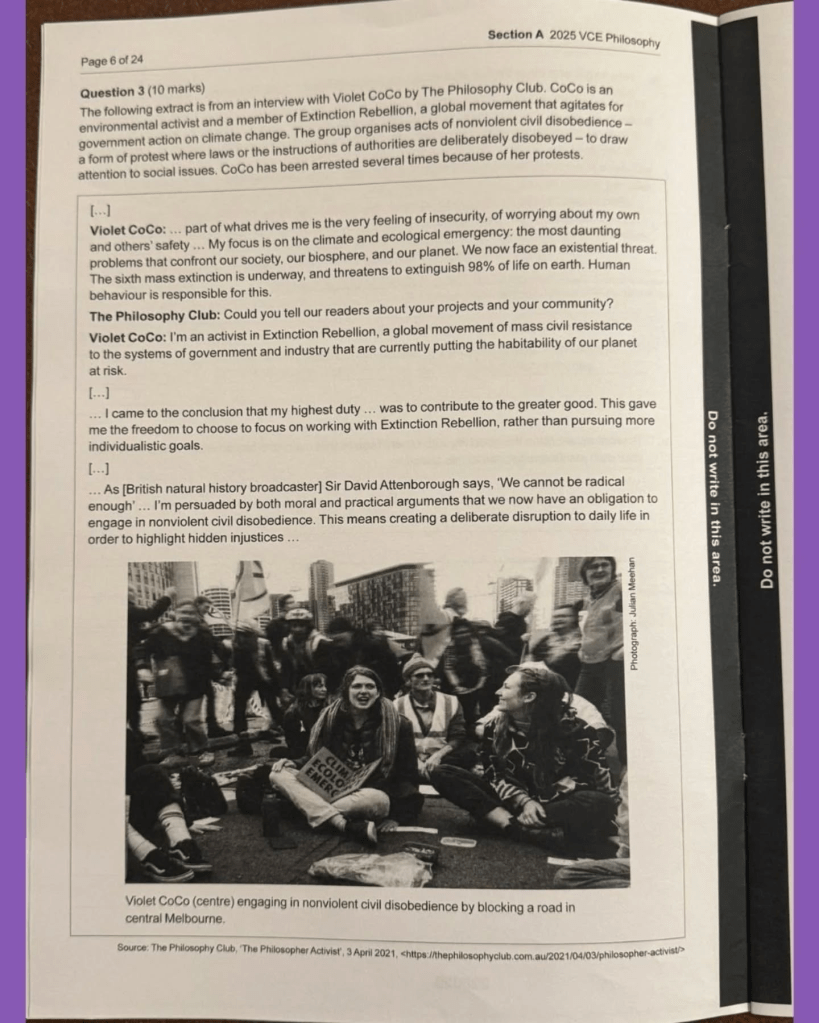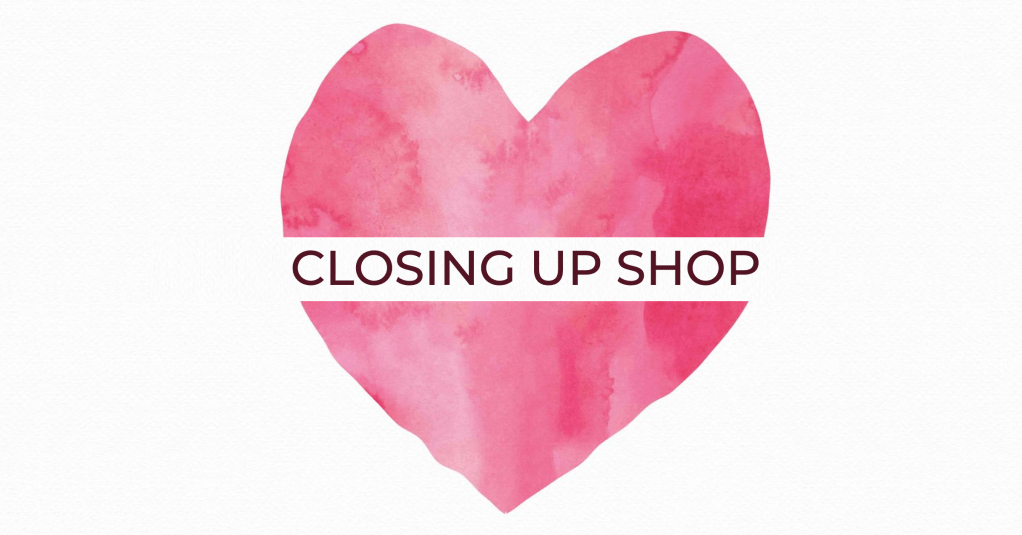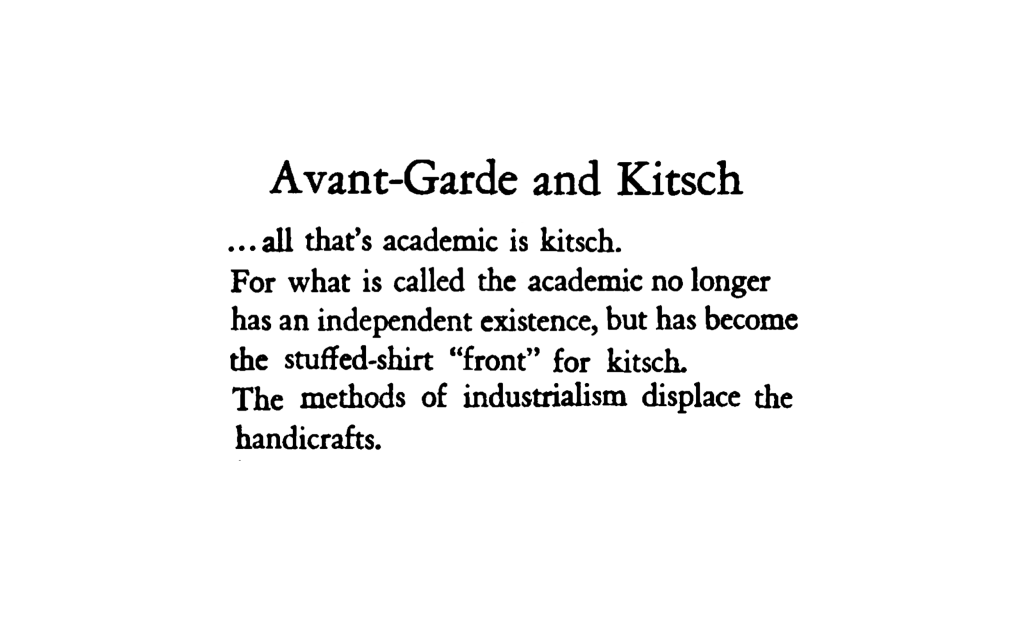An interview with Violet CoCo
.
There’s a memorable short video in which philosopher of happiness Dr Caroline West is asked why Western society has become so obsessed with material wealth. She replies:
It’s not that material wealth isn’t important; it really is. Up to a certain threshold, it’s very important that people’s basic needs are satisfied – that you have a roof over your head, and enough food to eat. But once those basic needs are satisfied, then there are other things which are much more important than increasing GDP [further], and there’s a lot of research that suggests this. So it’s very important that people are not unemployed, [and] equally important that they don’t work too long. It’s very important to live in an environment where you feel secure, that you don’t have to worry about your physical safety or the safety of those around you. That you feel connected to a community is really important; that you’re doing something worthwhile with your life, that you’re engaged in some project or activity that’s meaningful: once the threshold of material wealth has been reached, and your basic needs are satisfied, those [other] things are much more important than getting more money.
Our guest today – activist and philosophy graduate Violet CoCo – embodies this message. Violet is strongly connected to community and uncommonly engaged in meaningful, worthwhile projects.

The Philosophy Club (TPC): A picture of happiness, then?
Violet CoCo (VC): You’d think so, wouldn’t you? But part of what drives me is the very feeling of insecurity, of worrying about my own and others’ safety, that Dr West alludes to. My focus is on the climate and ecological emergency: the most daunting problems that confront our society, our biosphere, and our planet. We now face an existential threat. The sixth mass extinction is underway, and threatens to extinguish 98% of life on earth. Human behaviour is responsible for this.
TPC: Could you tell our readers about your projects and your community?
VC: I’m an activist in Extinction Rebellion, a global movement of mass civil resistance to the systems of government and industry that are currently putting the habitability of our planet at risk. One of my earliest tasks in the movement was to present an introductory talk (similar to this one) to members of the public. In preparing for this, I was challenged to accept some very hard truths, and to understand them deeply enough to present them to others. So while I still experience climate grief, anxiety, and a range of other difficult emotions, I’m very happy to be doing meaningful work.
TPC: In what sense did philosophy set you on this path?
VC: Seven years ago, I enrolled in a Bachelor of Economics (Marketing & Web Design/Development) and I genuinely thought I had found my life direction! I envisaged a satisfyingly conventional life of corporate work, spa days and shopping sprees. Little did I know I would soon take a philosophy class that would awaken my moral conscience and send me spiralling in an entirely new direction. I remember thinking, as I transitioned from Marketing to Philosophy, how strange it was that on the one side of the uni they were teaching how cool it was to manipulate people into buying things; and on the other side, how wrong it was. It reminded me of an arms dealer who makes money from both sides.
TPC: And has philosophy informed your activism at all?
VC: Definitely! Studying philosophy has influenced my climate justice work in lots of ways. Three philosophical themes stand out as being especially impactful: autonomy; the social contract; and morality and ethics.
For me, one of the toughest challenges in moving beyond climate denial was not wanting to accept how dire the situation has become. My study of philosophical literature on autonomy helped me understand that it was only by accepting the world as it is that I could attain freedom and rational moral agency. Reflecting on Susan Wolf’s notion of autonomy contributed to my acceptance of the harsh reality of the climate crisis, and helped me move beyond the waves of grief to act truthfully, autonomously and with full responsibility for playing my part in averting social and ecological collapse.

TPC: You mentioned that the social contract was another significant theme for you. I suppose you’re referring to Thomas Hobbes’ idea that there’s a particular kind of bond between citizens and governing bodies, where individuals consent to give up some of their freedoms and submit to the government’s authority in exchange for the government protecting their remaining rights and keeping the social order. Is that right?
VC: That’s a big part of it. And in this context, the government’s inaction in the face of the climate emergency represents failure in its principal moral duty: the duty to protect its citizenry from social collapse (and from ecosystem collapse, which is its precursor).
But there’s another way in which the social contract has come to matter to me. This has to do with how it’s been implicitly understood in our society: it’s generally assumed that those who contribute the most value to society will receive the highest capital reward, so that remuneration becomes a marker of social value. But this is obviously false in many cases. One lesson of COVID-19 has been that many of our most essential, life-sustaining workers are among the lowest paid: nurses, cleaners, farmers, teachers, and so on.
As I explored the social contract philosophically, I came to see the capitalist agenda as mere cultural baggage. I began questioning the good of accumulating material wealth, and I came to the conclusion that my highest duty under the social contract was to contribute to the greater good. This gave me the freedom to choose to focus on working with Extinction Rebellion, rather than pursuing more individualistic goals.
Still, the false idea that profit signifies societal good persists in our culture. In fact, I’d speculate that this idea is being used as pseudo-moral compass that directs government policy – to the detriment of our democracy, of course. The infiltration of the highest levels of the Australian government by the coal industry is an example of our system of governance not only failing to protect us, but actively bringing about threats to our very survival.
TPC: There are more ethical issues here than you can poke a stick at! You did mention moral philosophy as a third philosophical influence on your work. Can you say more about this?
VC: Sure. The study of ethics revolves around the question ‘What should we do?’, and I’m convinced that when the system we’ve trusted to protect us is clearly failing to do so, we must radically intervene to change it. As Sir David Attenborough says, ‘We cannot be radical enough’. For decades, soft approaches to secure the needed changes have failed, and it’s clear we’re running out of time.
I’m persuaded by both moral and practical arguments that we now have an obligation to engage in nonviolent civil disobedience. This means creating a deliberate disruption to daily life in order to highlight hidden injustices, and encourage bystanders to reckon with the situation and take a responsible stand. As Martin Luther King wrote: ‘Nonviolent direct action seeks to create such a crisis and establish such creative tension that a community that has consistently refused to negotiate is forced to confront the issue. It seeks so to dramatize the issue that it can no longer be ignored.’ King also wrote that ‘one has a moral responsibility to disobey unjust laws’.
And historically, civil disobedience has been an important feature of struggles for rights and justice around the world. Civil disobedience has very strong philosophical antecedents, with roots in ancient philosophy. It was popularised by 19th century American philosopher Henry David Thoreau; but more than 150 years earlier, English philosopher John Locke argued that if a government fails to protect the people’s rights, the people have the right to instigate a revolution. In light of the existential threat we’re now facing, I see rebellion as a moral obligation.
TPC: And you’re no mere armchair philosopher – you’ve been arrested for civil disobedience multiple times now.
VC: Yes, ten times and counting.

TPC: To what extent do you feel that philosophy has prepared you for life beyond university?
VC: I doubt that philosophy has equipped me with all the skills that I’ll be needing to survive the tumultuous times ahead – but it has absolutely set the course for my life beyond university. It’s given me both a unique perspective and some necessary tools to navigate through a revolutionary moment in history. And it’s equipped me to facilitate ongoing conversations, among diverse voices, in the service of positive social change. My philosophical education has also helped me see society as an ever-changing entity, one that is shaped by our actions. And it’s revealed alternatives to our existing systems – alternatives that are more just and environmentally conscious. I see it as my duty to translate philosophy to broader society, and through my continuing work with Extinction Rebellion I’ve been able to do this.
TPC: Thank you so much for sharing these reflections. I hope that readers will be moved to challenge the status quo, and inspired to take well-considered, powerful and brave action on the crucial issues that confront us.
………………………………….
Postscript, 14/11/2025
I’ve just discovered that excerpts from this post were cited in this year’s VCE Philosophy exam:

The accompanying questions are:
a. Does the good life require taking a strong stance on moral issues? Using Coco as your central example, provide your own justified response to this question.
b. Compare how two thinkers studied in Unit 3 might respond to CoCo’s claim that it is morally required to engage in nonviolent civil disobedience. Justify your response.
c. Which of the two responses that you compared in part b provides the more compelling view? Justify your response.
………………………………….
The Philosophy Club works with teachers and students to develop a culture of critical and creative thinking through collaborative enquiry and dialogue.
Learn more about Extinction Rebellion at Extinction Rebellion – Global or Extinction Rebellion – Australia.
Community Philosophy and the Climate Crisis is a global network of philosophers and educators who support critical and compassionate conversations that help people understand the complex ethical issues at play within the climate and ecological crisis, and connect their considered views with achievable action. Please contact Michelle (Co-convener, with Grace Lockrobin) with any enquiries.
To read more on the intersection of philosophy and ecological citizenship, check out my short pieces for ‘Young Environmental Philosophers’ here.
Young Environmental Philosophers – Melbourne is for young people (and their families/supporters) who are big thinkers and concerned about climate and environmental justice. On that page I share articles that dig deeper into the ideas that underlie environmental beliefs and actions. I also publicise occasional live workshops in Melbourne where environmentally-minded young people can think over puzzling questions together, share their ideas, examine their assumptions, weigh up different arguments, and deepen their understanding.






Leave a reply to Paul Corrigan Cancel reply